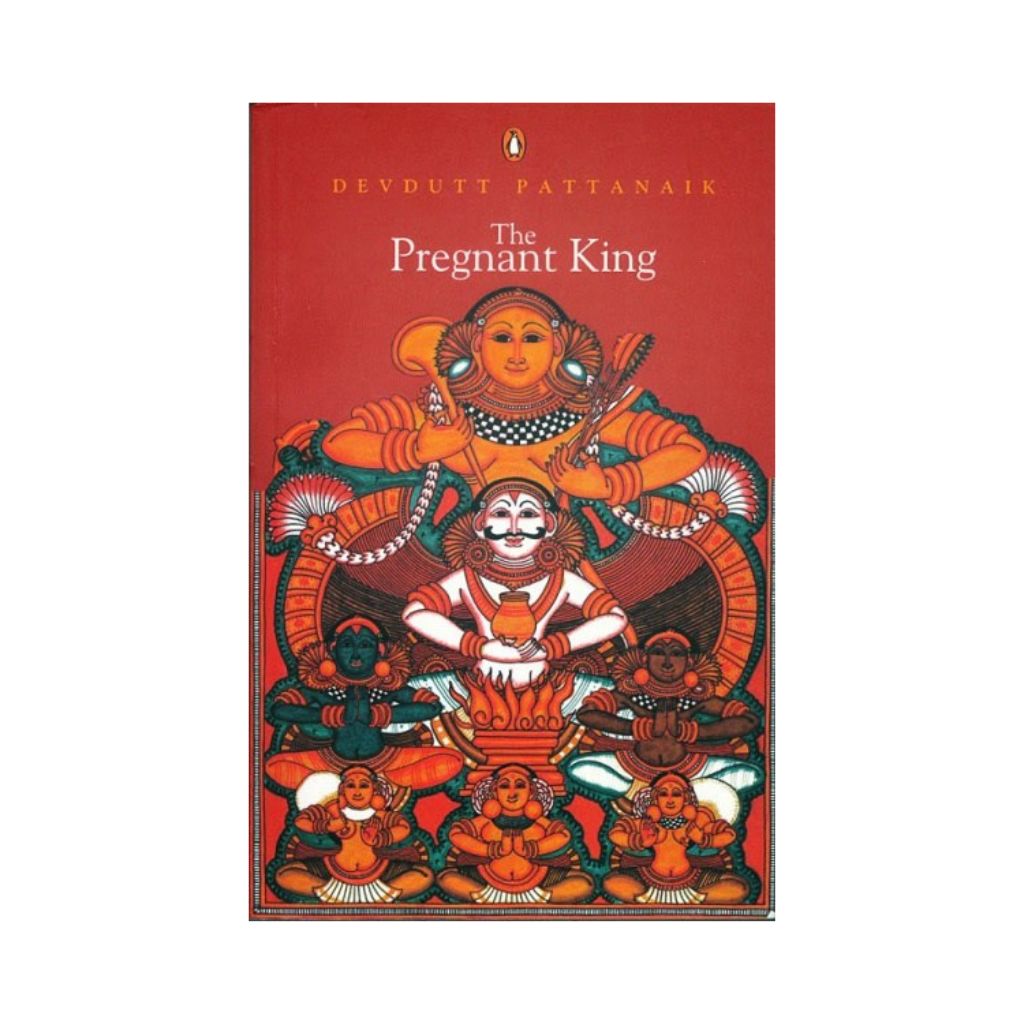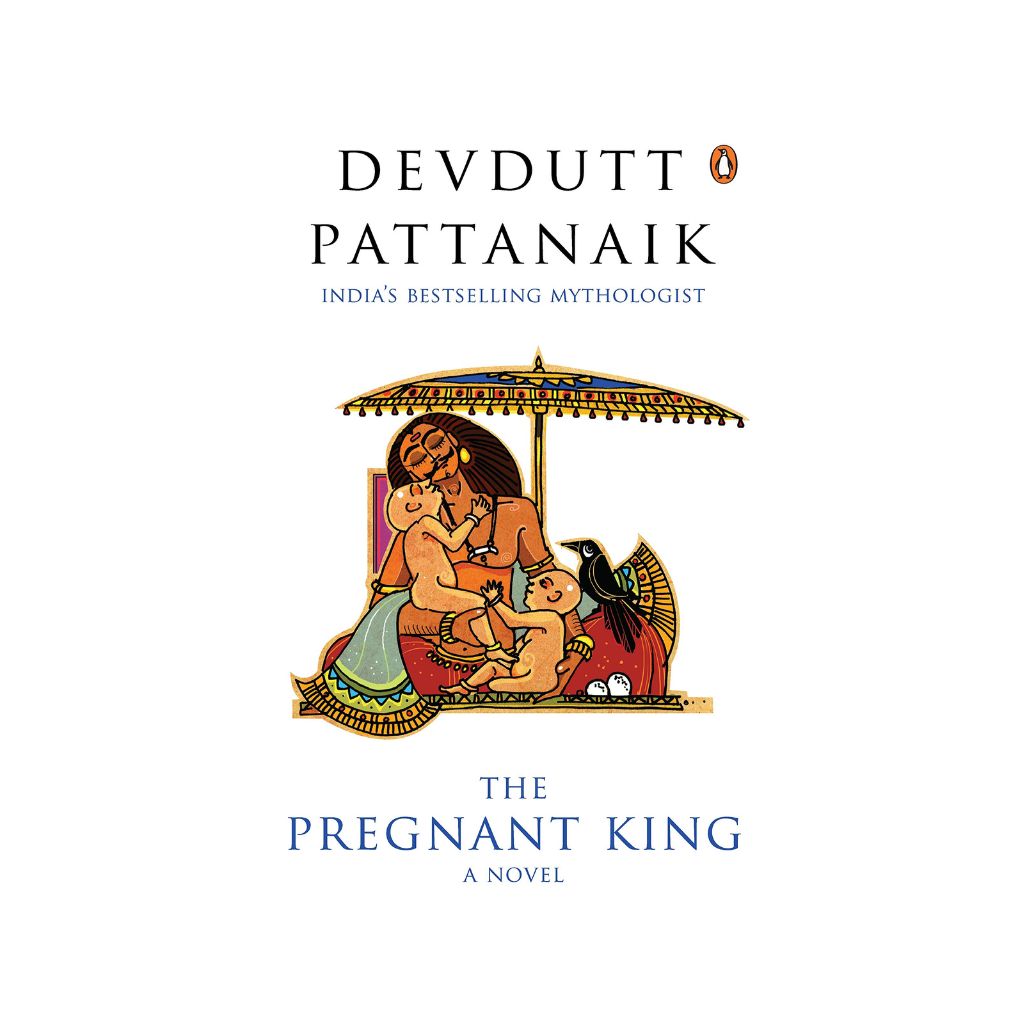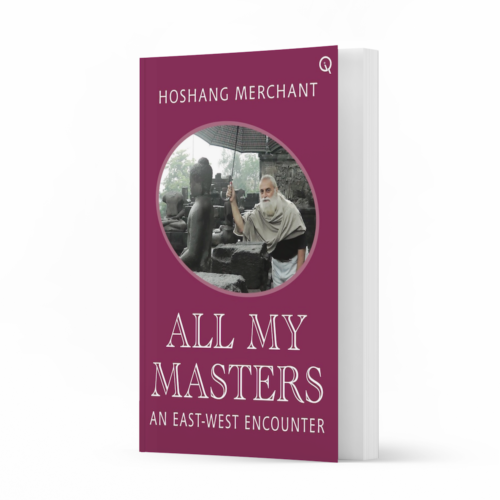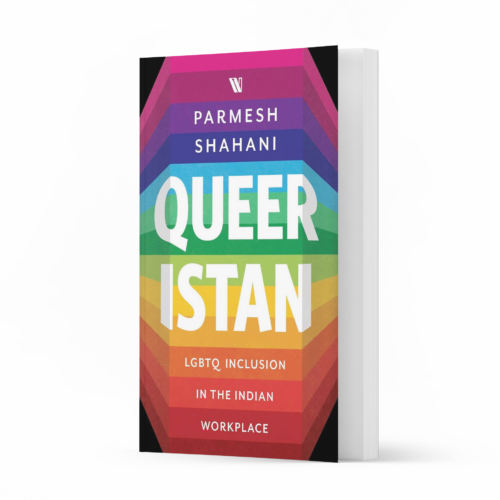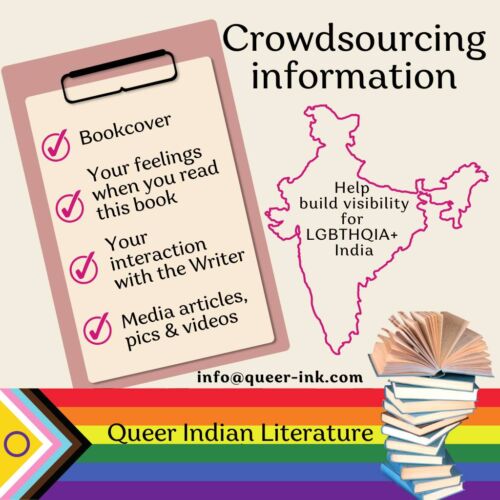Description
The Hindu epic, Mahabharata, written over 2000 years ago, narrates the tale of one Yuvanashva, a childless king, who accidentally drinks the magic potion meant to make his queens pregnant. The child thus conceived in and delivered from his body grows up to be Mandhata, a ruler of great repute.
What does the son call Yuvanashva? Father or mother? Can mothers be kings? Can kings be mothers? Nobody raises these uncomfortable questions in the ancient epic and the sacred chronicles known as the Puranas, which hurry through this slip of a tale. They do so in this book.
And so a new narrative emerges, a fiction fashioned out of mythological and imaginary tales where lines are blurred between men and women, sons and daughters, husbands and wives, fathers and mothers.
There is Pruthalashva, who must be a father because he is a man, and Shilavati, who cannot be king because she is a woman. There is Sthunakarna, a Yaksha, who forsakes his manhood to make Shikhandi a husband and then reclaims it to make Somavat a wife. There is Arjuna, a great warrior with many wives, who is forced to masquerade as a woman after being castrated by a nymph. There is Ileshwar Mahadev, god on full moon days and goddess of new moon nights and Adi-Natha, the teacher of teachers, worshipped as a hermit by Yaja and an enchantress by Upayaja. And finally, there is Yuvanashva, the hero, king of Vallabhi, who, after marrying three times to three very different women, creates a life within him, as mothers do, and then a life outside him, as fathers do, and wonders if he is either, neither or both.
If biology is destiny and gender is a cornerstone of dharma, how does Yuvanashva make room for such disruptions in order? For a good king, who wants to be great, must be fair to all: those here, those there and all those in between.
ISBN: 978-0143446255




